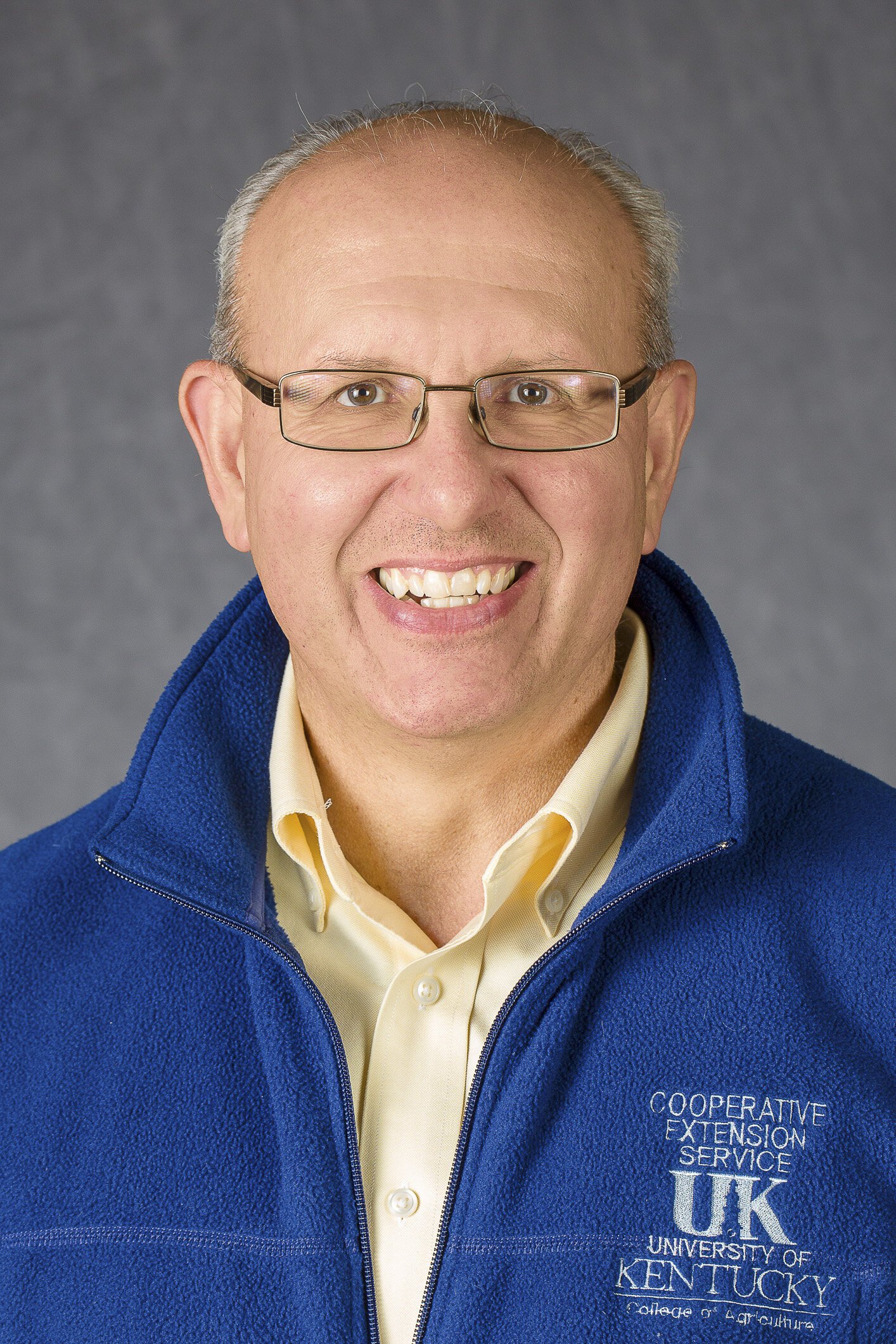Dr. Jimmy Henning, Pasture and Forage Scientist
Dr. Jimmy Henning is an extension professor and forage specialist at the University of Kentucky College of Agriculture, Food, and the Environment. His main job is to help students and farmers understand how to manage their grasses and hays to feed their grazing livestock. He also conducts research to get answers to the forage questions that farmers have.
Henning said he is one of the rare people who knew what he wanted to do from his first day of college. Agriculture and working with farmers were his family business.
“My father worked at the University of Georgia. He loved what he did, and I saw what a rewarding field agriculture could be,” remarked Henning. “I grew up in 4H, and my main projects were raising and showing livestock, especially steers and bulls. I developed a love for livestock and livestock farms and a passion for helping farmers that raise them.
“Working with forages (grasses and hays) was a natural and easy decision, and it gives me the chance to work with all livestock. I especially enjoy working with the cattle and horse industry in Kentucky. My first work experiences as a teenager were helping to load and haul hay. During this time, I also got to help my dad (who had gone back to school late in life) to conduct his research for his doctoral degree.”
Henning said that he started out in junior college focusing on math and science courses. When he transferred to main campus of the University of Georgia, he declared his major as Agronomy, the study of agricultural crops.
“I got to work in labs on campus and learned more about research. I finished my bachelor’s and master’s degrees at Georgia in Agronomy and then transferred to the University of Kentucky for my doctoral program in agronomy and ruminant nutrition.”
To be most successful at his career, Henning said he can classify the skills he needs for his job as either technical or communication.
“Science is not well understood by most people, and I need to know the principles of my field as well as the research on which those principles are built. In other words, you need to know what is in the book. The funny thing about my job is that people seldom ask me things that are ‘in the book.’ They already know it or have Googled it! Understanding the principles and the historical research helps me to come up with answers.”
Henning, however, said communication skills are very important, and the only way to get them is to PRACTICE, which he feels is painful.
“I hated writing because I was BAD at it. But guess what I do most frequently: Write! And I write a lot. The good news is it gets easier the more you do it. But you have to do it. There are no shortcuts.
“Learning to speak clearly and concisely is also a learned skill that improves with practice. Public speaking is an essential part of my job.”
Henning said that ultimately, he must mix the science knowledge with communication so that he can explain difficult topics to his audience.
While he said that his favorite part of the job is getting to help farmers and those in the agriculture field, he also loves capturing the beauty and majesty of the agricultural landscape in pictures. Henning is quite the photographer, and photos help communicate information and ideas.

